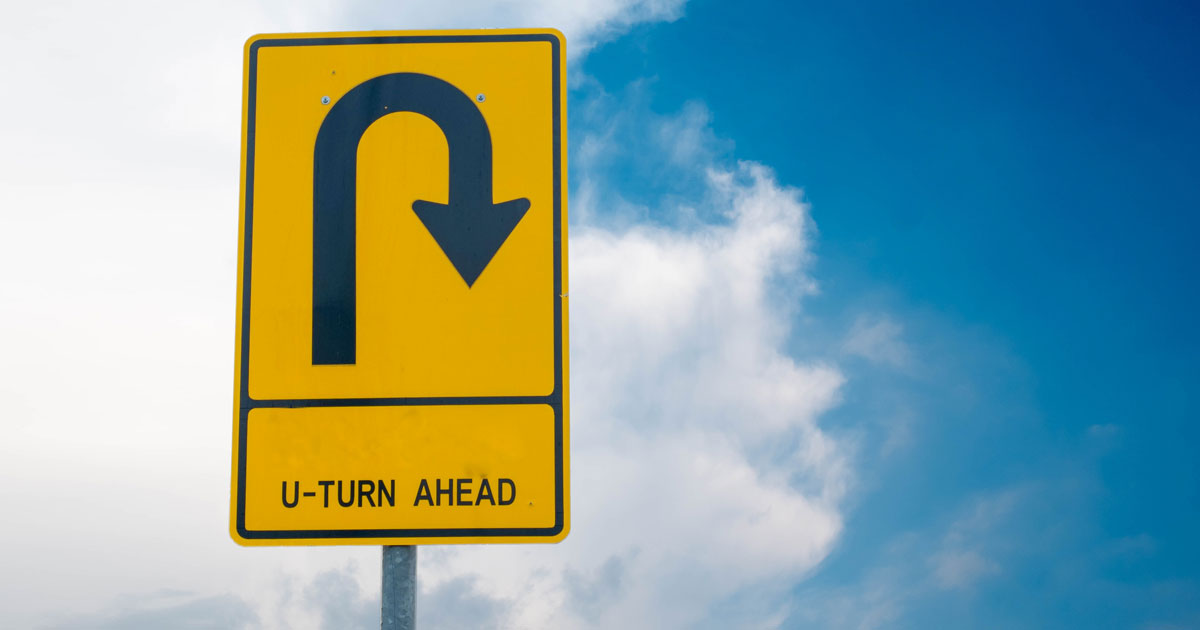7 Oct 2020
Nick Marsh describes the COVID journey the veterinary profession has been on – from colleague cuts to muddled messages – and wonders how many other professions working through this crisis have also shared the same experience.

Image © Creativa Images / Adobe Stock
I just wrote a blog about the schools returning and what a relief it was for those home-schooling.
Now, I don’t especially want to wade into the debate over the risk to teachers and families versus the risk to education and mental health of those caught up in the lockdown; however, it’s interesting to see how much debate and distress the decision to reopen schools appears to has caused, compared with the situation in the veterinary world.
The early part of the outbreak was difficult for everyone. There was a sense of onrushing disaster; of history being written while we watched, and yet many of us were still carrying on as normal – taking our children to school, going to work, watching other countries lock their populations away and wondering when it would happen to us.
Italian friends told me of the horrors occurring just a few hundred miles from us. Friends still in practice were carrying on as normal (as their employers instructed them to) while they watched the schools close and people like me begin to work from home.
They were scared, they didn’t feel safe, and they wondered why they were still neutering animals and using oxygen while human chemotherapy courses were put on hold to clear up room in hospitals for the coming tide.
I hope I’m not being too controversial to suggest that the joint RCVS and BVA responses to the crisis were confused… or at least confusing. They both announced that all non-essential work should stop towards the end of March. Corporates responded to this quickly, with some of them furloughing almost all their staff save for the vets (well, most of the vets).
A week later – at the very peak of the epidemic, on a day when almost 1,000 people were reported to have died with COVID-19 – they released a different statement. Specifically, the confusing BVA “traffic light” system, released to the public, indicating that vaccinations and certain neutering were green – as in “go ahead”.
This was at a time when veterinary teams in many practices were slashed to the bone, with no receptionists and few nurses.

The BVA later apologised and changed its statement, but the word was out by then and the public had little interest in the nuance they were attempting to get across. Friends in practice were inundated with requests for flea treatment, vaccinations and worming – as well as dealing with genuine emergencies – at a time when we were all being told to remain indoors for our own safety.
These mixed and muddled messages caused real distress and genuine worry in a profession that has no shortage of these things when things are at their best.
Although they have since explained their positions more eloquently, that the professional bodies increased anxiety and fear when they should have been reducing it is something I find hard to forgive, personally.
How much attention has the press paid to the distress felt by vets and nurses in our profession, and the anxieties caused by corporate furloughs and rapid changes in advice? Outside of our limited professional circles, almost zero.
Vets are usually portrayed as heartless money-grabbers in tabloid papers (unless it suits them to make a vet a hero for a few moments), and any press attention would have been more likely to focus on the worries of pet owners than rich and expensive veterinary surgeons, so perhaps it’s better that no one really noticed after all.
The whole sorry saga (far from over now, of course) has made me wonder about all those other professions still working during the crisis.
I’m not talking about the NHS particularly (although the Thursday night claps have long-since subsided now we all know they’d much rather receive decent pay, decent funding and respect in the long run), I’m talking about the petrol station owners, postal workers, police officers, supermarket attendants, and all the other professions who will all have had their moments of unimaginable fear and anxiety due to viruses, muddy thinking and rapid change.
Change is difficult – none more so than rapid, unexpected change. Mistakes get made and lives are lost, and we get through it as best we can.
There have been plenty of glasses raised during the lockdown (possibly too many in my case) to absent friends and unreachable family. Tonight, my glass is to everyone who has felt lost, lonely, scared and forgotten at the pace of this thing.
Heaven knows there are plenty of us.